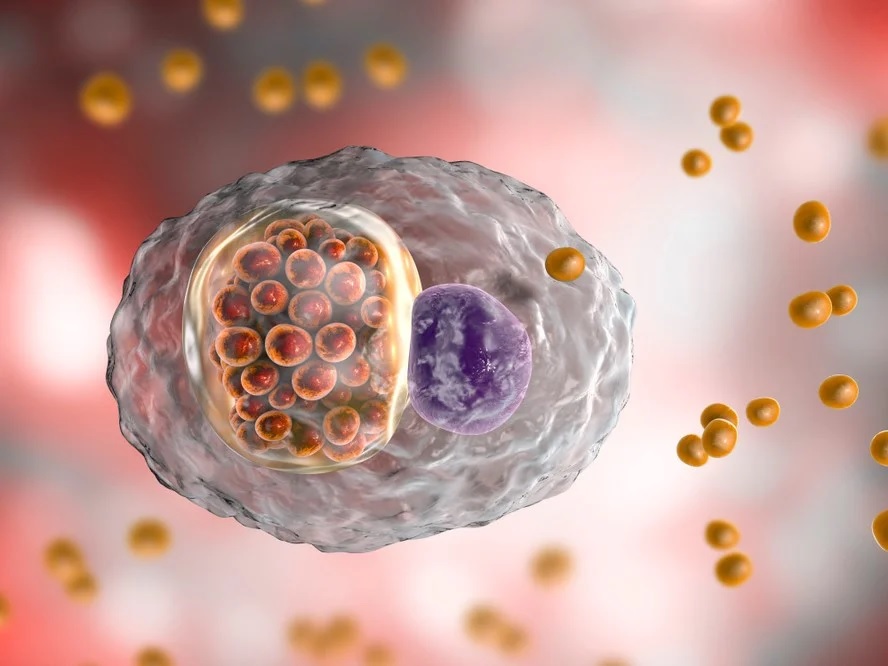The bacterium Chlamydia trachomatis causes chlamydia, a sexually transmitted infection (STI). It is a common STI and often goes unnoticed as it can be asymptomatic. However, when symptoms do occur, they can vary depending on the location of the infection.
Here are some signs and symptoms of chlamydia:
Genital symptoms
In both men and women, chlamydia can cause genital symptoms such as discharge and itching. In women, it can also cause pain during sex, abdominal pain, and bleeding between periods. In men, it can cause pain or swell in the testicles.
Rectal symptoms
Chlamydia can also infect the rectum, especially in men who have sex with men. Symptoms of rectal chlamydia include pain, discharge, and bleeding.
Eye symptoms
If a newborn is exposed to chlamydia during delivery, it can cause conjunctivitis, an eye infection that causes redness, swelling, and discharge.
Throat symptoms
Chlamydia can infect the throat through oral sex, although this is rare. Symptoms include sore throat and swollen glands.
Treatment
It is important to note that chlamydia can often be asymptomatic, meaning there may be no apparent signs or symptoms. This is why regular STI testing is recommended for sexually active individuals, especially those who have multiple sexual partners.
If left untreated, chlamydia can lead to severe complications such as pelvic inflammatory disease (PID) in women, which can cause infertility and chronic pain. In men, untreated chlamydia can lead to epididymitis, a painful inflammation of the testicles. Chlamydia can also increase the risk of contracting other STIs, such as HIV.
Chlamydia treatment is relatively simple and effective, and testing involves a urine sample or swab of the affected area. Treatment typically consists of antibiotics, and sexual partners must also be tested and treated to prevent reinfection.
Taking care of yourself after a chlamydia infection
Complete your course of antibiotics
It is important to take the full course of antibiotics as directed, even if your symptoms improve or disappear. Skipping doses or stopping the medication early can increase the risk of reinfection or complications.
Avoid sexual activity
It is recommended to avoid sexual activity for at least seven days after completing your course of antibiotics
to prevent re
infection and minimize the risk of spreading the infection to others.
Get retested
You should get retested for chlamydia three months after completing your course of antibiotics to ensure that the infection has been fully treated.
Practice safe sex
It is important to practice safe sex to prevent future infections. This includes using condoms consistently and correctly, limiting the number of sexual partners, and getting regular STI testing.
Get tested for other STIs
Chlamydia often occurs with other STIs, such as gonorrhea or HIV. It is important to get tested for other STIs and seek treatment if necessary.
Attend regular checkups
Regular checkups with your healthcare provider can help detect and treat any potential health issues, including STIs.
The takeaway
Chlamydia is a common STI that can cause a range of symptoms depending on the location of the infection. However, it can often be asymptomatic, highlighting the importance of regular STI testing for sexually active individuals.















